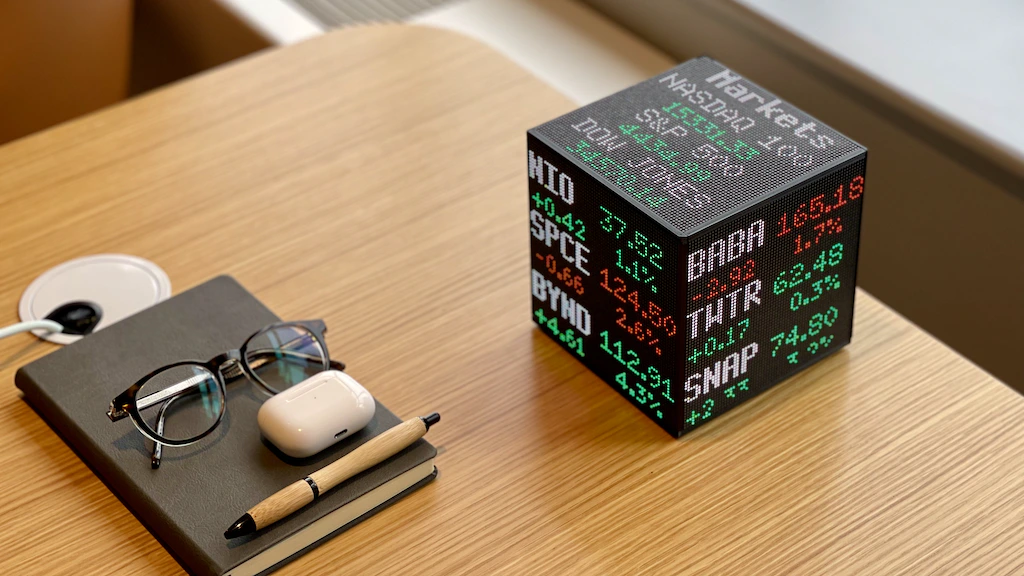The AI revolution has already begun and is just becoming more rapid. Over the next five years, we’ll not just see incremental advances; entire sectors will be turned upside down. From how we heal to how we construct, think, and shop, artificial intelligence is poised to become the primary driver of innovation.
So, which industries are on the verge of radical transformation? Let’s look at the top 6 industries that will be transformed by 2030. Healthcare, finance, transportation, manufacturing, retail, and agriculture are among the industries in question.
Let’s dive straight in.
Healthcare:

AI will change healthcare to a proactive industry. With AI-powered diagnostics, radiography, and predictive analytics, robots can now spot trends in X-rays, MRIs, and patient histories that even experienced doctors may overlook.
In the next five years, expect:
~ AI-powered virtual health attendants provide 24-hour monitoring.
~ Faster and more precise diagnoses of cancer, heart conditions, and neurological disorders are now within reach.
~ Drug development is carried out utilizing AI models to simulate clinical trials and generate novel molecules in a matter of days.
Healthcare is shifting to a personalized, AI-powered approach. AI analyzes patient data to predict, prevent, and treat diseases more effectively. This data includes genetics, lifestyle, and wearable device information. It increases diagnosis accuracy by quickly evaluating medical images and test findings, allowing for personalized therapies for each individual.
AI-powered virtual assistants also offer continuous care and support, allowing patients to manage their health from afar. This proactive, tailored strategy will make healthcare more efficient, accessible, and prevention-focused in the coming years.
Manufacturing:

The emergence of Industry 5.0 will combine human innovation and AI precision. Robots will not only do monotonous jobs but will also make real-time judgments based on sensor, supply chain, and meteorological data.
By 2030:
~ Predictive maintenance will reduce plant downtime to nearly zero.
~ Generative AI will create new items depending on market trends and consumer feedback.
~ Cobots (collaborative robots) will operate alongside people on production lines.
AI is revolutionizing manufacturing. It’s not just about cost reduction. It transforms product creation and delivery. Real-time data improves innovation and reduces errors.
Generative design tools speed up product development. Robots with AI boost productivity and enable mass customization. Manufacturing becomes faster, smarter, and more flexible. Companies can introduce better products to the market more quickly.
Retail and E-commerce:

AI will know what you like. AI fashion stylists, virtual try-ons, and hyper-tailored recommendations are just a few examples of how the retail experience is about to get far more individualized.
By 2030 Coming fashion trends would be
~ Predicted by AI with incredible accuracy.
~ Voice commerce and artificial intelligence chatbots guide purchases like personal shoppers.
~ AI-powered inventory solutions that decrease waste and accelerate delivery times.
~ Augmented Reality (AR) enabled by AI enables people to “try before they buy” using their phones.
Retailers who do not use AI risk becoming irrelevant in today’s data-driven economy. Customers want personalized experiences, and AI can evaluate buying habits to provide tailored recommendations and targeted marketing. Chatbots, for example, provide rapid service, while augmented reality allows buyers to try things digitally.
AI also optimizes inventories by eliminating waste and keeping popular commodities in stock. Retailers who fail to adapt may lag behind competitors who employ artificial intelligence to provide smarter, faster, and more entertaining shopping experiences.
Finance:

Banks and financial organizations are already using AI to detect fraud and assess credit risk. However, the next generation will feature AI that manages portfolios, approves loans in seconds, and even provides individualized financial advice.
What to expect by 2030:
~ Bots that trade algorithms optimize portfolios without the need for human interaction.
~AI auditors continuously monitor millions of transactions for compliance.
~ Decentralized finance (DeFi) platforms use artificial intelligence (AI) to eliminate intermediaries.
Finance is shifting from old-school institutions to AI. AI’s making finance better by giving faster loan approvals, instant fraud detection, and automated investment advice. And because the data shows what the AI is doing, it’s pretty open.
Fintech firms and AI-powered platforms are challenging banks by providing faster and more personalized services. As AI advances, financial institutions must adapt or risk falling behind in a more competitive and transparent financial landscape.
Education:

The traditional classroom approach is deteriorating. AI tutors, adaptive learning platforms, and intelligent content generators are transforming how we learn and who we learn from.
In the next five years:
~ AI teachers will customize content based on individual student performance.
~ Voice-based learning will let students review while on the go.
~ Fixed evaluation paradigms will be replaced with skill-based assessments.
AI makes learning more exciting and easier to get. Learning apps now adapt to each student, letting them learn at their own pace. AI is making high-quality education available worldwide, thanks to virtual tutors and translation tools. Teachers get real-time info on how students are doing, so they can help them better. This data approach is breaking down barriers to better education.
Legal & Governance:

Legal research that used to take weeks can now be finished in minutes with artificial intelligence. But this is just the beginning.
By 2030:
~ AI judges can use trained legal models to settle minor claims like traffic conflicts.
~ Legal writing bots will create legally enforceable contracts in seconds.
~ Predictive analytics will evaluate case outcomes prior to the start of the trial.
Lawyers aren’t going anywhere, but AI will change legal work. Artificial intelligence techniques will make legal research, contract drafting, and case analysis faster and more cost-effective. This transition will make legal aid more inexpensive and accessible to a wider range of people, streamlining the court system while retaining the requirement for human competence.
Final Thoughts: Adapt or Be Automated
The AI revolution is more than just robots taking over factories or machines detecting diseases; it is a fundamental rethinking of how we work, what we produce, and how we express human potential in all professions. AI tools, for example, enable authors, designers, and video artists to work faster and better. From generating blog drafts and drawing thumbnails to editing movies and even writing music, AI is serving as a creative companion rather than a substitute, allowing creators to concentrate on storytelling, uniqueness, and innovation.
Even in less conventional fields like astrology, artificial intelligence is causing a stir. These days, astrology applications employ artificial intelligence (AI) to evaluate large astrological datasets and produce highly customized horoscopes, compatibility reports, and life predictions based on user input. The digital generation may now access astrology more easily thanks to AI, which enables practitioners to provide insights more rapidly and accurately.
AI is improving a number of once-human-only professions, including teaching, therapy, journalism, fashion design, architecture, and even spiritual advising. AI can process data, automate activities, and find patterns. The goal of this change is augmentation rather than replacement. In addition to remaining relevant, those who embrace and incorporate AI into their work will be at the forefront of their respective industries’ futures.
It’s not humans vs. AI in the future. It’s AI and human. The only thing to ask is, are you prepared for it?



